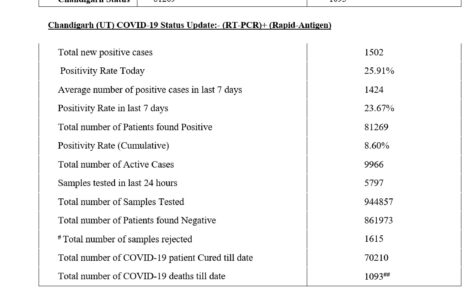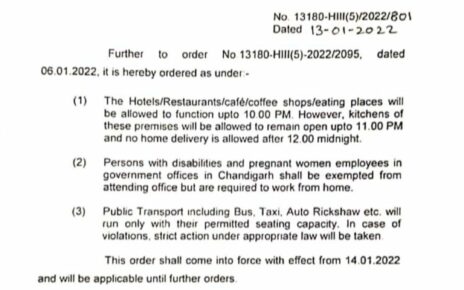Daily news updates of the Covid pandemic have caused mental strain for many people across the world. For those living with anxiety and depression, the impact is harsh. As experts have recommended social distancing and self-quarantine to prevent the spread of coronavirus disease, it sends most of us into isolation. Here are baby steps that one can try to cope better in these harsh times.
1. Accept whatever you’re feeling.
First of all, it is okay to feel anxious. Acknowledging your feelings — even if they’re scary — can help you cope in a healthy way.
Don’t judge yourself for whatever feelings you have, says Andrea Bonior, licensed clinical psychologist. “There’s a whole range of emotions and you can have them at the same time. You might be excited to re-enter the world, perhaps with new goals and a new perspective on life, while still mourning a loss due to Covid-19. It might be stressful to realise you have those seemingly incongruent emotions, but it’s totally normal and it’s important to let yourself feel everything,” Dr Bonior says.
2. Don’t miss out on sleep
If anxiety or depression is affecting your sleep, consider limiting your caffeine, alcohol and nicotine intake, create a bedtime routine, and find some relaxing activity — such as reading, journaling, or listening to quiet music — to slow your brain down before bed.
3. Focus on what’s in your control.
Often when people feel anxiety it’s because they’re feeling a high level of uncertainty about the things that are out of their control. So it’s important to remind yourself of what you actually can control about a particularly stressful situation. Another way to deal with that uncertainty is to think back to uncertain times in your past. It’ll remind you you’ve been resilient before—and that you can rely on the same resilience now.
4. Keep a routine
Studies show that sticking to a routine for sleep, mealtimes, exercise, and work can help manage stress.
5. Practice gratefulness and meditation
Finding ways to be grateful can help cope with anxiety and stress. Taking note of the good things in life can increase the feel-good hormones of serotonin and dopamine.
6. Take a virtual tour
Visiting a public space isn’t possible right now. But you can take your mind off news and experience some fascinating tours right from the comfort and safety of your home. More than 500 museums and galleries around the world have partnered with Google Arts & Culture to display their collections online as virtual tours.
7. Stay informed, but disconnect when you need to.
Staying informed is important, especially when it comes to updates in your community that will help you safely start doing more in the world again. But being too plugged in to the news or social media can contribute to anxiety, depression, and general stress. You can filter the information you take in by limiting the time you spend scrolling on social media, getting your information from only reliable news sources (rather than your Instagram feed), and remembering to take time away from screens can help ease some of the anxiety about what’s to come.




